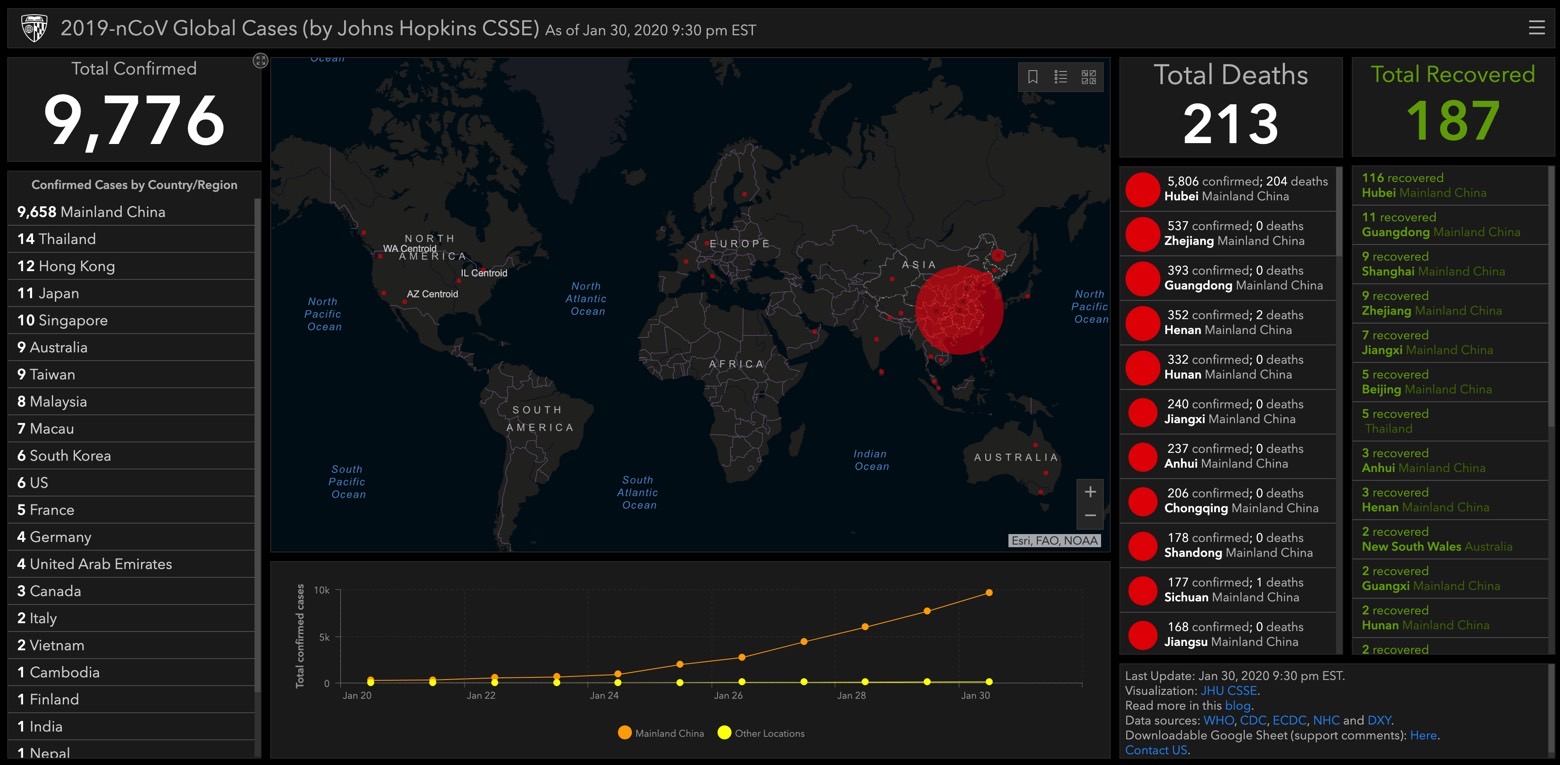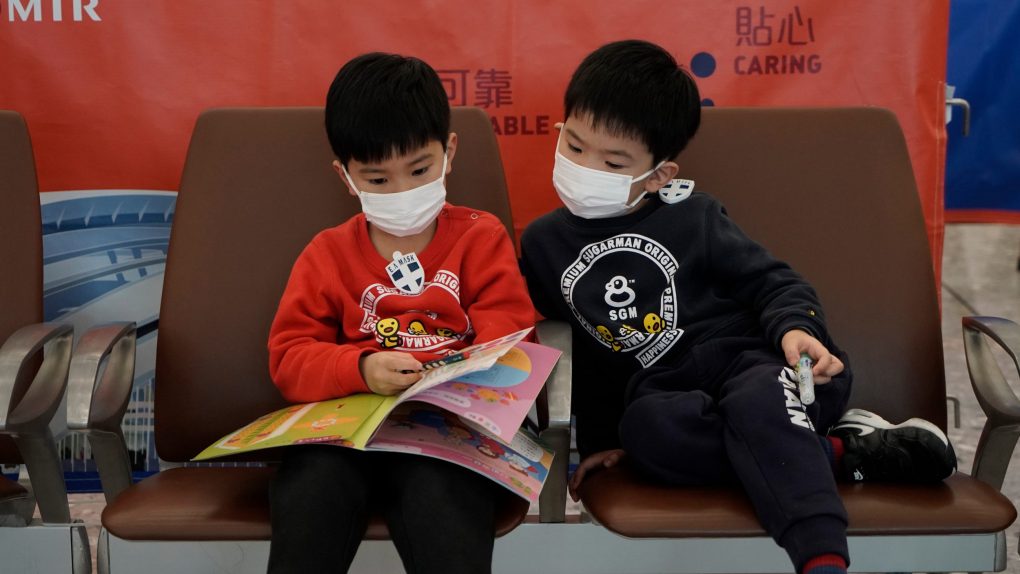The World Health Organization (WHO) met for a second time to discuss the coronavirus (2019-nCoV) since the outbreak started, and this time around, the WHO declared the new disease a global health emergency. That might sound scarier than it actually is, but there’s no point in panicking about the virus.
According to recent data, almost 10,000 cases have been confirmed around the world, most of them in Mainland China. The death toll rose to 213, while 187 patients recovered — see the updated map below. The virus didn’t claim any lives outside of China for the time being.

Even so, the virus might be spreading faster than authorities can contain the infections, and it started spreading to people who haven’t been to China — the first confirmed cases are in Germany, Japan, Taiwan, and the US.
The coronavirus is contagious during the incubation period (2-10 days), which means it can spread from people who haven’t started showing any symptoms. As for the signs, they’re not specific to the new virus and can mimic a common cold or the flu — they include fever cough, and shortness of breath, per the CDC. That’s why it’s essential to have the 2019-nCoV infection diagnosed correctly, and that can only happen in a hospital.
There’s no specific treatment for the coronavirus, and you’ll be prescribed medicine that would treat your symptoms. A vaccine is in the works, and that will stop the infection, but the vaccine won’t be done for a few months, as it has to undergo the same steps as any new treatment, including clinical trials and approvals from oversight bodies. Bleach, by the way, won’t cure the virus, and beer isn’t the cause of it. Spreading such misinformation is not advised.
The WHO’s decision to declare the new virus a global public health emergency isn’t uncommon. In the last 11 years or so it did it five times, the BBC explains, for the Swine flu (2009), Polio (2014), Zika (2016), and Ebola (2014 and 2019).
WHO’s move is meant to support other countries that may not have the same resources as China to fight the disease, and China is yet to declare any victories. The country isolated the Wuhan province, prolonged school holidays, and started building two new hospitals to treat the virus, but that’s yet to stop the infection from spreading. Experts believe that tens of thousands of people might have the virus in the region, but they’ve yet to be diagnosed. From the WHO’s announcement:
It is expected that further international exportation of cases may appear in any country. Thus, all countries should be prepared for containment, including active surveillance, early detection, isolation and case management, contact tracing and prevention of onward spread of 2019-nCoVinfection, and to share full data with WHO. […]
Countries should place particular emphasis on reducing human infection, prevention of secondary transmission and international spread, and contributing to the international response though multi-sectoral communication and collaboration and active participation in increasing knowledge on the virus and the disease, as well as advancing research.
The Committee does not recommend any travel or trade restriction based on the current information available.
The WHO made recommendations to China as well, to continue to try to contain the outbreak, inform its people about the progress as well as the WHO and its partners, share data about the state of the disease, and conduct screenings at international ports and airports.
The global community should “provide support to low- and middle-income countries to enable their response to this event, as well as to facilitate access to diagnostics, potential vaccines, and therapeutics,” the WHO also said — the full announcement is available at this link.








